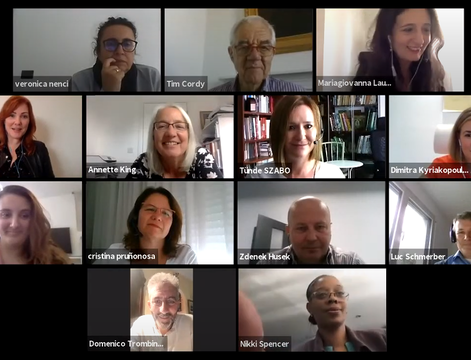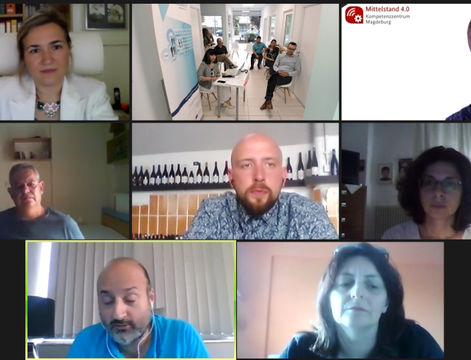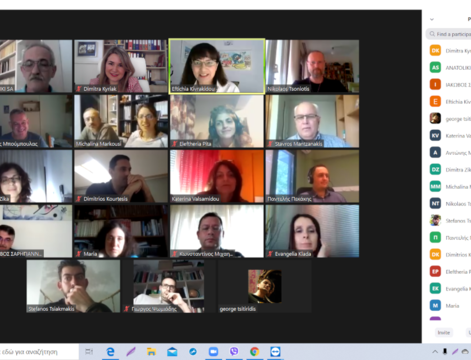This was announced by Dario Nardella, Mayor of the Municipality and the Metropolitan City of Florence, speaking at the Assembly of CNA members in the Luca Giordano Hall of Palazzo Medici Riccardi this June. "The challenge to the bureaucracy is decisive for the development of production activities - said Nardella - There is an excess of rules and authorization procedures that in fact determine a removal of the public administration from small businesses, often by discouraging them. When there is a problem, we cannot always invoke the adoption of a regulation. In this case, we need simpler and clearer rules and that is what we will do with the project 'Burocazia zero' which I intend to launch as mayor of Florence and the Metropolitan City".
To describe the extent of the problem, CNA has announced some of the results of a thematic survey conducted on a sample of its members. For 62.4% of those interviewed, the bureaucracy is one of the main constraints on the competitiveness of companies, due to the complexity of the rules (indicated at 67.8% as the main problem at the base of the bureaucratic burden), large number of requested information and slowness of the PA. It's a complexity, given by unclear rules (the legislative technique is mostly understandable only to insiders) and stratified over time in various measures (very often the result of emergency regulatory measures and not systematic by sector) that some sectors, the more regulated ones, such as construction and services, suffer more, indicating it as "black beast" in 74.3% and 71.4% of cases.
"A real cost for companies - says Fabrizio Cecconi, CNA Firenze General Manager - Indirect as time taken away from work (3 days per month for 41.3% of companies and up to 5 for 32.2%) and direct considering that for the processing of paperwork, 16.5% of companies use external qualified personnel ".
"What is needed and what the companies ask for is an efficient, qualified, computerized, simple and fast PA, a partner and not an obstacle to carrying out the activity - Cioni continues - I repeat, to do this a transformation involving all levels of government, from the central to the peripheral. Up to now, in fact, differences in the times, procedures, computer platforms and forms, even within the same area, have stifled the effects of the reforms that have occurred over time. Nardella's project for the entire Metropolitan City, monitored by the observatory proposed by Giani, could be, in this sense, a good test ".
To promote a synergistic action at all levels between institutions, businesses and citizens, CNA has developed an anti-bureaucratic decalogue:
• improve the quality of legislation through a more careful analysis of the impact of the provisions, especially taking into account micro and small businesses;
• provide for monitoring with annual frequency of effectiveness of the measures adopted, in order to promptly introduce any corrective action;
• adopt self-explanatory simplifications (which do not require the approval of implementing rules in the different levels of government);
• enhance the computerization of PA through more accessible sites with easily usable contents even using standard formats;
• facilitate the exchange of information already held by the PAs through the interoperability of public databases, which today often do not interact with each other;
• dematerialize through the enhancement of the exclusively electronic compilation of the requests;
• allow the payment of stamps and tariffs related to administrative procedures;
• continue the work of standardization of forms;
• increase the qualification of the personal dependency of the PA;
• apply the sanctions foreseen for the personnel of the PA in case of non-fulfilment of the obligations related to the administrative practices.











